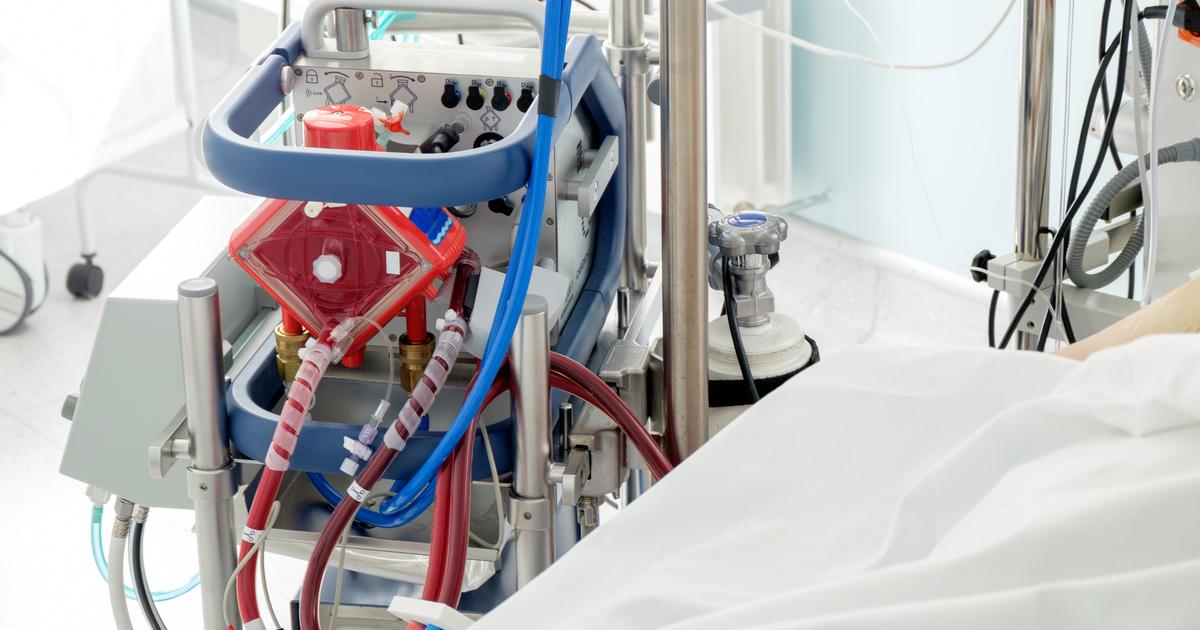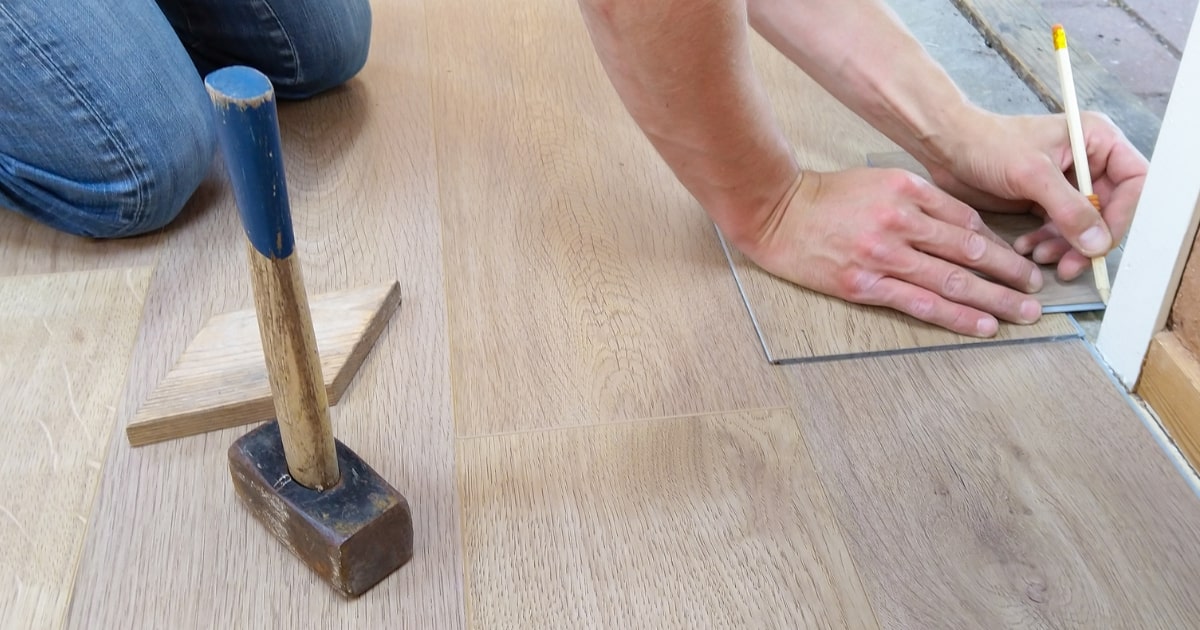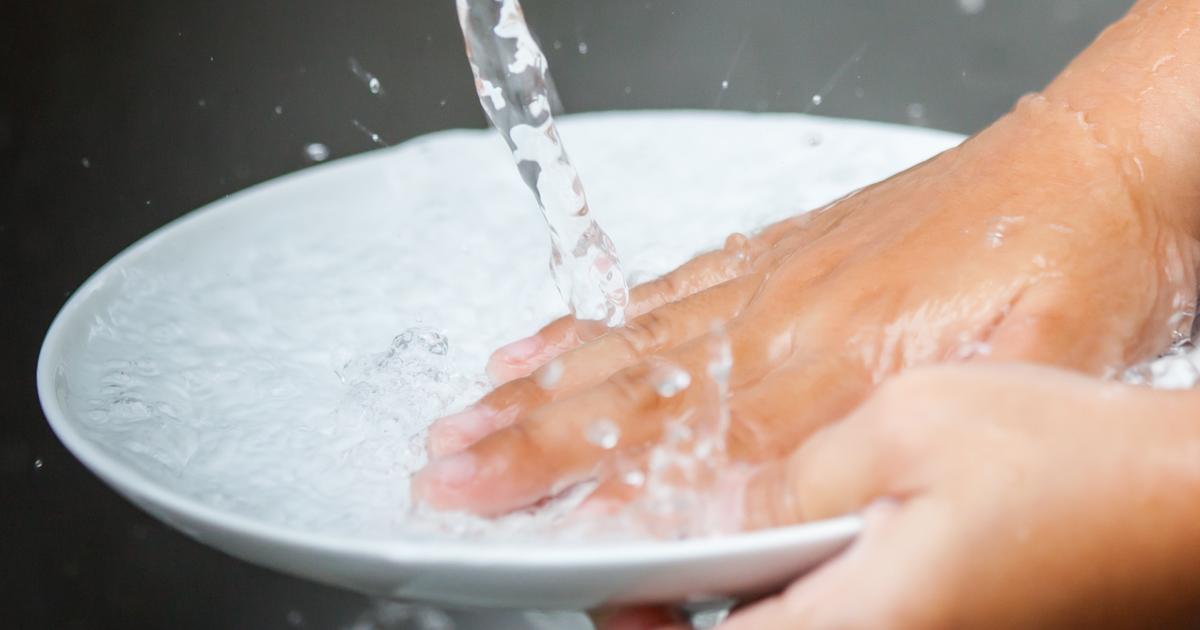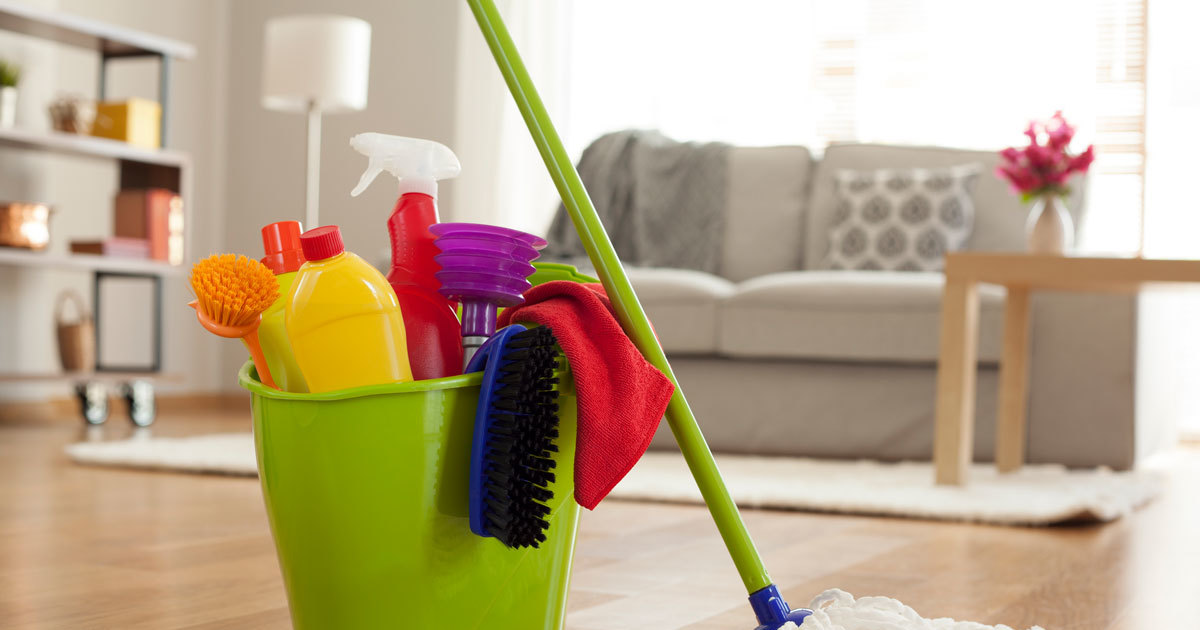Ways To Prevent And Treat Hantavirus Pulmonary Syndrome
Hantavirus pulmonary syndrome is a potentially life-threatening respiratory illness that can be caused by infection with hantavirus, a disease carried by rodents. Deer mice are the most common carriers of hantavirus, and patients may become infected with the virus if they breathe air contaminated with infected rodent droppings or urine. In the early stages of hantavirus pulmonary syndrome, patients typically have flu-like symptoms such as stomach pain, vomiting, chills, and a fever. Approximately four to ten days after infection, more serious symptoms could develop. For example, patients might have shortness of breath, and fluid may accumulate in the lungs. Some patients may also have low blood pressure and reduced heart function.
To diagnose this condition, doctors will ask the patient about their medical history and conduct a physical exam. During the exam, particular attention will be paid to the patient's heart and breathing. The doctor can use a stethoscope to check for wheezing, chest congestion, or possible fluid accumulation in the lungs. They may also perform a blood test to check for antibodies to hantavirus. Patients who have been around rodents or rodent droppings and begin to experience a cough or other breathing problems should see a healthcare provider urgently, even if they believe the breathing difficulties are minor.
The methods described below are beneficial in the prevention and treatment of hantavirus pulmonary syndrome.
Breathing Support In The Hospital

Since the respiratory symptoms of hantavirus pulmonary syndrome can become very serious, patients may need breathing support in the hospital. This is usually provided in an intensive care unit, and the use of a ventilator is generally required. So adequate breathing support can be provided, patients are intubated prior to being placed on the ventilator. A tube is inserted down the patient's mouth and into their windpipe (trachea) so their airways will remain open and functional. The tube is then connected to the ventilator, and this machine 'breathes' for the patient. This type of breathing support is also useful in managing the accumulation of excess fluid in the lungs.
Learn more about treating and preventing hantavirus pulmonary syndrome now.
Blood Oxygenation

Blood oxygenation is recommended for patients with severe cases of hantavirus pulmonary syndrome. One of the most frequently used methods of blood oxygenation is known as extracorporeal membrane oxygenation, and it can help the body maintain an adequate amount of oxygen. The extracorporeal membrane oxygenation procedure involves the use of a pump that continuously moves the patient's blood from their body into a machine. Once inside the machine, oxygen is added into the blood, and carbon dioxide is removed. Then, the oxygenated blood is returned to the patient's body through a second intravenous line.
The procedure is carried out by specialized teams at intensive care units, and it can help save the lives of severely ill patients. Possible complications of extracorporeal membrane oxygenation include bleeding, infection, and blood clots. Clinicians may use ultrasounds to check for bleeding or clots, and the medical team checks the machine and pump at least once an hour to prevent air bubbles or clots in the tubes.
Get more details on how to treat and prevent hantavirus pulmonary syndrome now.
Block Access To Home

Since hantavirus is primarily carried by rodents, patients may be able to prevent their exposure if they block the rat's access to their home. Mice are able to squeeze through openings as small as a quarter of an inch (six millimeters), and experts recommend homeowners routinely check the inside and outside of their homes for cracks and holes. Kitchen and bathroom cabinets, floors, and the openings around windows and doors should all be checked. If holes are found, these can be sealed with caulk, cement, steel wool, or wire mesh. The holes could also be boarded up with wood, bricks, or concrete blocks. To make the home less attractive to rodents, individuals should remove brush, grass, and other items from around their home's foundation, as mice often use brush and grass for building nests.
Discover more options for preventing hantavirus pulmonary syndrome now.
Clean Up Promptly After Meals

To reduce the likelihood of rodents in the home, individuals are strongly advised to clean up promptly after meals. This will limit the amount of food available to mice and other disease-carrying pests and make the home less attractive to them as a nesting site. Food should be stored in the refrigerator or sealed in airtight containers in the pantry. Dishes need to be washed promptly and not left in the sink overnight, and pet food should not be left out except at the pet's meal time. Spills need to be cleaned up quickly, and countertops and cooking surfaces should be thoroughly wiped after use. If possible, the use of metal trashcans outside the home may keep rodents away, and it is recommended that trashcans or bins not be stored directly next to the side of the home. To deter mice and rodents, homeowners may wish to use natural deterrents such as peppermint and citrus. Organic packets designed specifically for this purpose are available at home supply stores, and these can be placed in the kitchen and other areas where food is consumed.
Uncover the next method of preventing hantavirus pulmonary syndrome now.
Practice Safe Cleaning and Waste Procedures

To prevent transmission of hantavirus from rodents, experts suggest individuals practice safe cleaning and waste procedures. In particular, caution should be exercised when cleaning in the attic and while cleaning storage sheds and other areas that have not been used for a long time. Individuals attempting to clean up rodent droppings should wear a respirator or mask, and they should pour alcohol or bleach over any droppings or areas mice have been in. These disinfectants will kill hantavirus and prevent the infection from becoming airborne. While wearing disposable gloves, individuals can pick up contaminated material with a damp paper towel. Vacuuming is not safe for this purpose, as it could cause the virus to enter the air. In cases of severe rodent infestation, an exterminator or professional cleaning company should be called to handle this type of cleanup and waste disposal. Patients who have cancer or other conditions that could weaken their immune systems should never attempt to clean up rodent waste themselves, and they should avoid going into areas that have had a recent rodent infestation.